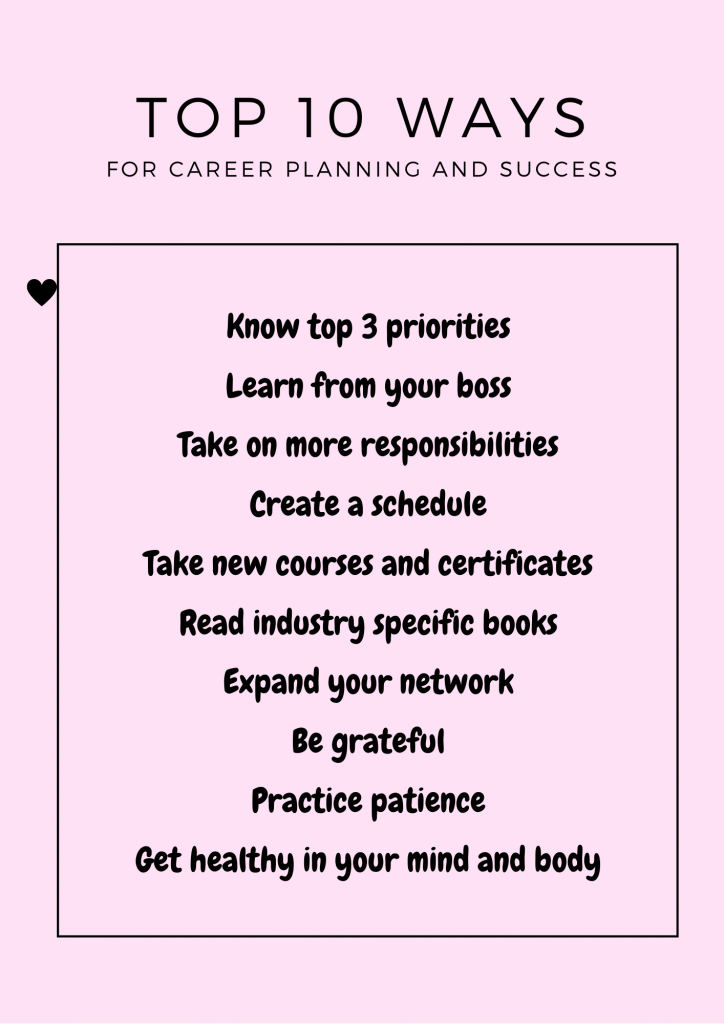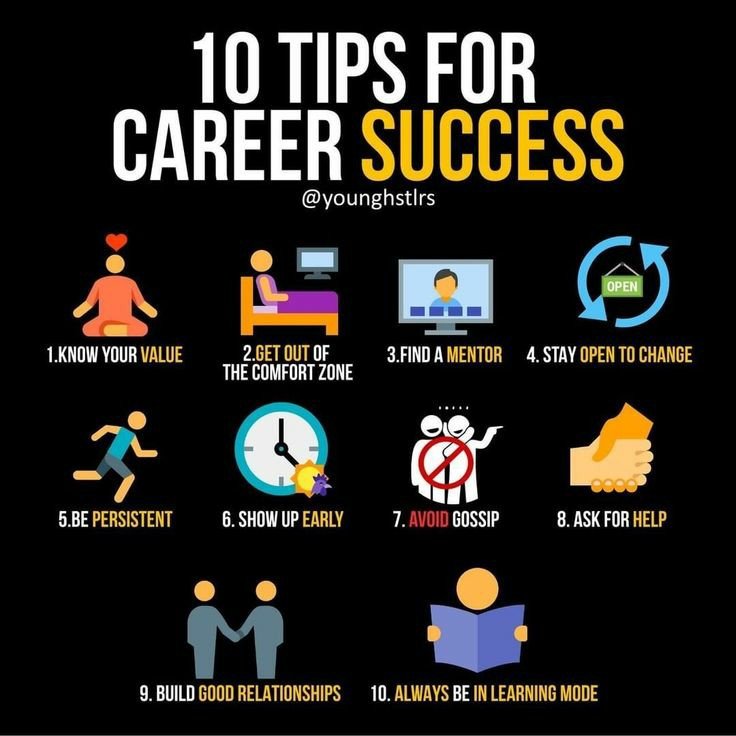Have you ever thought about how to gain insight into yourself?
Well, it is high time, if you really want to make it to the top of your career path and it is supposed to be the best personal strategy.
Setting up of long range plans helps you to formulate your career strategies accordingly.
To reach the destination, you need to have clear travel plans. Like wise, devising your career plans is inevitable to reach the ultimatum in your work environment.
Self Evaluation
What do you enjoy?
What are your priorities?
Strengths and weaknesses?
Name the things you want from a job?
Skills Analysis
What are your qualifications and experience?
What are your key strengths and skills?
What are your biggest achievements to date?
What are your areas of development/ which area of interest excites you the most?
Set your direction
The broad industries that really appeal to you.
The types of roles that would suit you best.
How these options match your personal preferences?
Key skills you’ll need to develop.
Commit to a time frame
Make milestones for the next six, twelve, eighteen months.
How will you achieve your training and education goals?
How will you gain additional skills and experience needed?
How will you expand your network, and by when?
Review your career plan
Now you know your goals and how to achieve them, monitor your progress at least every six months to stay on track.
Career advancement, is something that is not the sole proprietorship of the managerial cadre. It applies to anyone who has the “will” to learn and move forward.
One’s attitude towards time, achievement, change, material things, work etc., determines the extent to which he is prepared to pursue his career with a long range plan.

Another important aspect of career planning is the tough preposition of decision making.
If a qualified and experienced manager is adept in all areas of management, naturally he gets confused as to “which way to go”, when presented with a chance to take up another job, in pursuit of better career prospects such as pay or promotions.
People sometimes tend to resist career planning for the fear of making decisions and sometimes due to the fear of failure of achieving goals in the new set up, which might be a big blow to their ego.

This dilemma of choosing a goal is commonly noticed in students who want to pursue higher education.
Since it involves not only decision making but also determines their capability to be successful in the chosen field of activity.
If an individual wants to become a doctor, he or she has to give up to pursue other opportunities, say, to become a lawyer or an engineer.
Furthermore, career advancement means more involvement and commitment, which makes you a quick learner.
And in the process to achieve your goals, you become well versed in the area of specialization, however complex the subject or situation may be.
Psychology has its role to play in career planning too.
People who are extroverts easily manage to work things up to their advantage, for the simple fact that they socialize well, which is important for a manager to be a good liaison.
The planning horizon of your career depends on the time taken to make yourself qualified to suit the job and also the time frame in which you will be able to satisfy your commitments.
For example, if your aim is to become a software engineer,
Everything is said easier than done. One has to have the inner drive to align the short term work activities in accordance with his or her long term plans.
Last but not the least, competition has to be dealt with inside as well outside the work environment for which you need to be sure about your strengths as well as weaknesses.
References:
Thisisadultlife.com